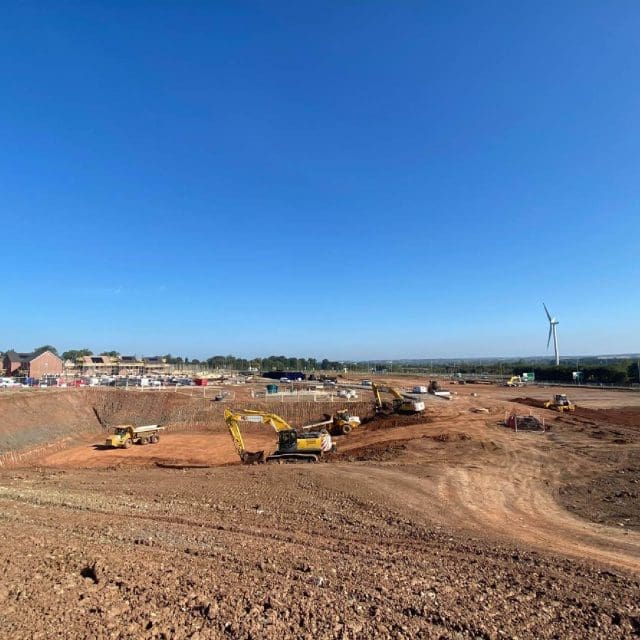There are three main ways to get a job in groundworks and civil engineering; an apprenticeship, with a degree or working your way up.
Whichever you chose it’s important to understand there’s no “right” or “better” option, the difference in salary potential is minimal and the right choice will depend on your situation, qualifications, learning style and personal preferences.
Getting to work on projects that shape communities gives you a chance to make your mark on the future and it’s also a career path that offers plenty of room for both personal and professional growth.
ECL is always on the lookout for people who are motivated, ambitious and enthusiastic. A lack of formal education should not get in your way and certifications can always be acquired later in your career if you need them to progress further.
We’ve outlined the most common career paths to working in civil engineering.
Working your way up
One option is to get an entry-level position, working in a support role at a civil engineering firm like ECL, then working your way up and attending training courses as appropriate. This option suits people who prefer a hands-on approach to learning.
As the saying goes, anything worth having is worth working for. With patience, a willingness to learn and plenty of personal motivation, you will find yourself rising through the ranks and learning as you go. Additionally, with this option, you’ll be earning money from the start.
Civil engineering apprenticeships
An apprenticeship combines on-the-job training with formal education, meaning you can earn while you learn everything you need to know about a role in civil engineering and infrastructure.
Starting an apprenticeship with ECL means you’ll also benefit from mentoring, additional opportunities for training and development, and all your fees and expenses covered — all while earning a competitive salary. We even provide paid time off for revision and exam days.
At the end of your apprenticeship, you’ll have three years of experience, an NVQ at an apprenticeship level and an opportunity to continue your career and train towards a degree.
A degree in civil engineering
As we’ve already said, a degree is not a requirement, but it is still one of the most common routes for people looking to get into civil engineering. Bachelors and Masters degrees are available from universities across the UK, and for some roles, a degree qualification is essential.
At ECL, we offer a civil engineering graduate scheme to help fresh graduates along their chosen career path. There are two programmes – one for graduate surveyors and one for graduate engineers. Both last three years and will allow you to take part in various job roles and support functions, as well as gain health and safety training and attend personal development workshops.
Start your career in civil engineering
However you decide to make your way into civil engineering, if you’re a hard-working, motivated person who loves a challenge, we want to hear from you. You can learn about what it’s like to work for us on our company culture page, or find out more about our apprenticeship and graduate programmes by visiting our careers page.


